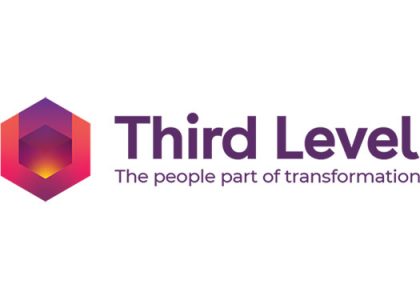
Blog Post
“I Need Help!”
May 16, 2016 / Category: Communication

“I Need Help!”
The three words that ensure your continued success.
 |
In many ways our culture celebrates self-reliance, the “I can do it on my own” mindset. Very few of us have been rewarded for confessing we don’t know how to do something. On the other hand, the spirit of competition and the ability to outperform others vying for the same promotion, award, contract or other accomplishment, is rewarded.
However, as our world of work and collaboration becomes more technological and moves at an ever-accelerating pace, it’s obvious that the path to success depends more and more on teams communicating, cooperating, collaborating – and delivering great results – together.
This can be particularly challenging if it involves people we don’t know well, or even people we do know well if we’re in a competitive situation. It goes against our grain to ask for help; we don’t want to appear vulnerable or lacking in confidence and competence.
Here’s where it gets really interesting: In all of our work over the past 30 years helping leaders, teams and companies prosper, the power of vulnerability is one of the most potent and compelling concepts. It’s counter-intuitive because most of us associate vulnerability with weakness. The truth, however, is very different.
Dr. Brene Brown has studied vulnerability as a leadership principle for years, and shares her knowledge as a consultant to some of the world’s most successful companies. According to Dr. Brown, “Vulnerability sounds like truth and feels like courage. Truth and courage aren’t always comfortable, but they’re never weakness.” The concept of vulnerability as a powerful tool is one of the strategies we teach our clients and their team members.
- Vulnerability is actually our greatest and most accurate measure of courage – without knowing we are vulnerable we cannot be courageous
- Vulnerability is feeling uncertain, taking risks and exposing ourselves emotionally
- Vulnerability is showing up and being seen, even when there are no guarantees
- Vulnerability is seen by many of us as courage in others, yet as weakness in ourselves -changing that attitude allows us to achieve more success as leaders, teams and businesses
Still not convinced? Try it. Tell someone who presents a challenge to you that you need their help, whether it’s your kid, your partner, a business associate or team member. Their reaction will probably not be what you expect – most likely, they’ll step into that invitation and offer you support in surprising and powerful ways!
Info@ThirdLevel.com – 1-800-262-0705



